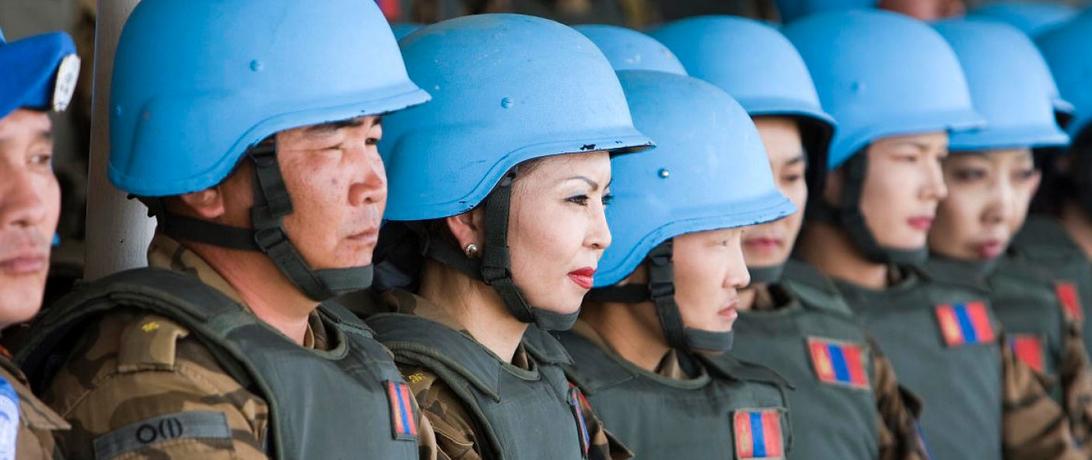
What are the barriers facing women peacekeepers, and why does it matter to have more women involved in peacekeeping? OSF Fellow Sarah Williamson answers these frequently asked questions.
Do countries have more women to contribute?
Many countries do not have sex-disaggregated data to indicate the percentage of currently serving armed forces members who are female. Even when there are significant numbers of women in the force, they are often in secretarial or medical roles which will not qualify them for the Department of Peacekeeping Operations (DPKO) requirements and standards for recruitment into peace operations. For example, the UN exam for qualifying as a peacekeeper requires five years of experience in the force, and skills to drive a manual vehicle and handle firearms, among other requirements—skills that aren’t usually required by the secretarial or medical paths.
What are some obstacles to women’s participation in peacekeeping?
As we highlighted in our most recent blog, a baseline study produced by the Geneva Centre for the Democratic Control of Armed Forces (DCAF) outlined 14 key barriers to women’s participation in peacekeeping:
- Lack of information on deployment opportunities
- Corruption in deployment selection
- Women being seen as needing protection rather than as being protectors
- Years of required experience for deployment
- Physical fitness tests
- Criteria for passing the Safety Awareness and Training Exam (SAAT)
- Ostracism within training cohorts
- Inadequate accommodations, facilities, and equipment
- Lack of specific medical care
- Lack of adequate family-friendly policies
- Sexual and gender-based harassment
- Unequal opportunities on deployment and missed opportunities at home
- Unreasonable expectations of female forces on mission
- Lack of support networks
Why does it matter?
Having more women in peacekeeping provides more legitimacy to the force as it becomes more representative of the populations they serve. It has been noted in various operations that women contribute to mission effectiveness by focusing attention on the protection of civilians, many of whom are women and children, and preventing and responding to sexual violence. Having more women improves performance and professional standards of the force; diminishes corruption, exploitation and abuse; and promotes a culture of mutual respect.
Article Details
Published
Topic
Program
Content Type
Opinion & Insights